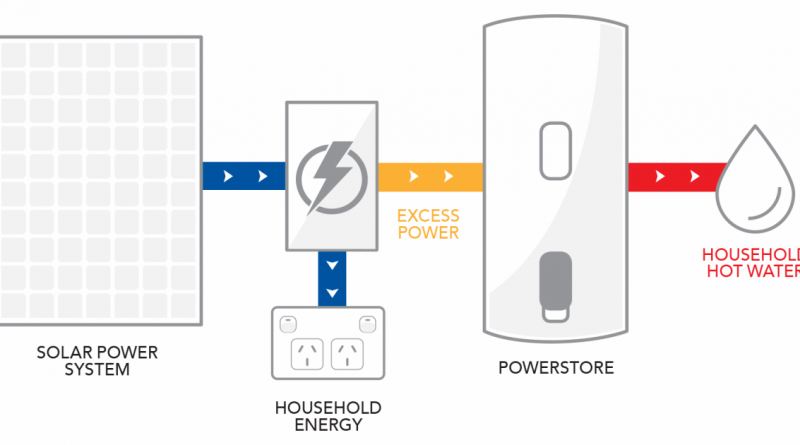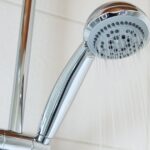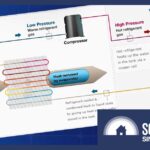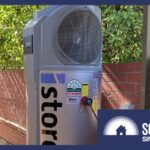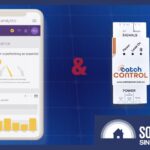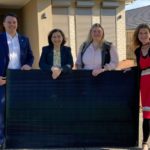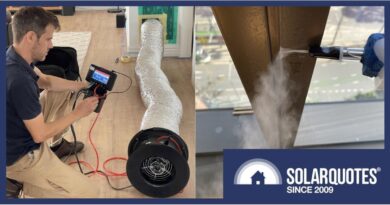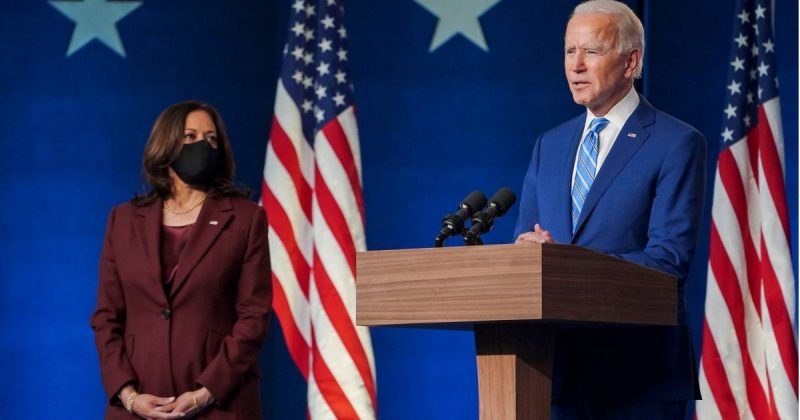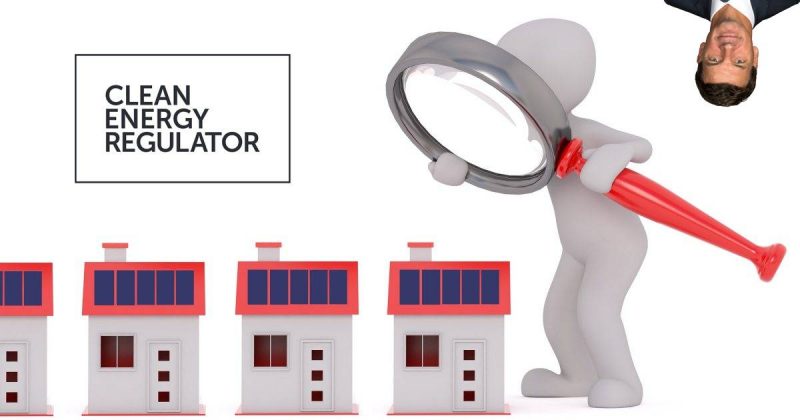Electric Hot Water System VPP Trial In South Australia
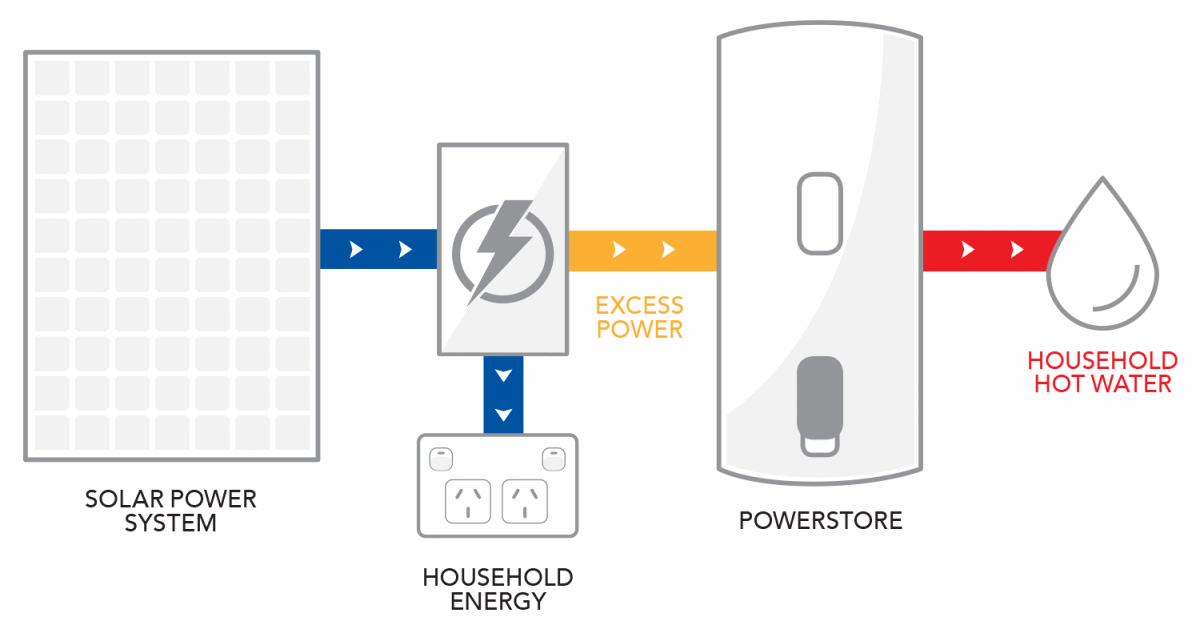
Image: Solahart
The Australian Renewable Energy Agency (ARENA) has announced funding for Rheem’s Active Hot Water Control project in South Australia. The trial involves storing excess solar electricity – both self-generated and from the grid – using thousands of electric hot water systems.
An electric hot water system can be considered an energy storage device as electricity is used to heat water stored in a tank for later use. Water heating is an energy-intensive process, accounting for around 25% of electricity consumption in households where electric hot water systems are used.
As hot water is generally used at home in the mornings and late afternoon and evenings, much of the electricity consumed for heating water will likely be drawn from the grid even if a home has solar panels installed.
This is where a PV hot water diverter can be beneficial. It’s a device that can be used with an existing electric hot water unit that enables surplus solar electricity to be diverted to the electric hot water system – you can compare a selection of these devices on SolarQuotes’ PV diverter comparison table. Other devices include “smart” relays, such as the Catch Solar Relay; but dedicated hot water diverters are probably a better option due to the way they operate.
In terms of the grid, while it was once more efficient to heat water during the night when overall demand was low, cheap surplus electricity is increasingly available during the middle of the day thanks in part to the rise of rooftop solar power systems.
South Australia’s wholesale electricity prices are now the lowest in Australia due to the state’s high level of renewables. In fact, South Australia is tussling with the challenges of so much rooftop solar electricity being generated in the middle of the day.
As well as providing benefits for solar households, smarter utilisation of electric hot water systems could improve renewable energy hosting capacity of networks, system stability and power quality.
Rheem’s Active Hot Water Control VPP Trial
In Rheem’s trial under its Solahart brand, approximately 2,400 residential households in South Australia with and without solar panels will be involved. The households will have Solahart Powerstore installed – a “solar smart” grid interactive, electric water heater – along with a home energy management system (HEMS).
The Powerstore systems will form a Virtual Power Plant (VPP) to participate in electricity price arbitrage, demand response, and other network services.
“By aggregating and optimising the energy use of hot water systems and other household appliances, VPPs could play a major role in managing system stability and reducing power bills for customers in South Australia and nationally,” said ARENA CEO Darren Miller.
Households participating in the trial will be rewarded and incentives required for customer participation will be tested across solar and non-solar homes, as well as across different socioeconomic groups.
The $9.9 million trial (put at $8.8 million on ARENA’s Active Hot Water Control project page) is receiving $1.9 million in funding from ARENA, a figure that is being matched by the South Australian Government.
“Australia is experiencing a solar installation boom which is driving the creation of record new renewable capacity,” said Federal Minister for Energy and Emissions Reduction Angus Taylor. “This project will help South Australia to get the most out of this boom and maximise the use of renewables in the grid, reducing pressure on the electricity system.”
Further details of Rheem/Solahart’s Active Hot Water Control project are yet to be announced, but one of the partners noted is electricity retailer Simply Energy.
Original Source: https://www.solarquotes.com.au/blog/hot-water-vpp-mb1870/

